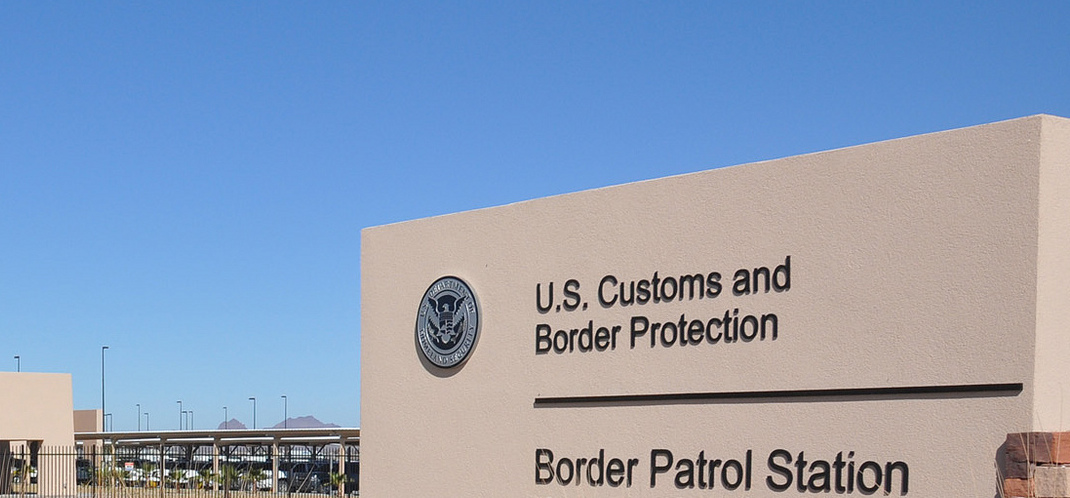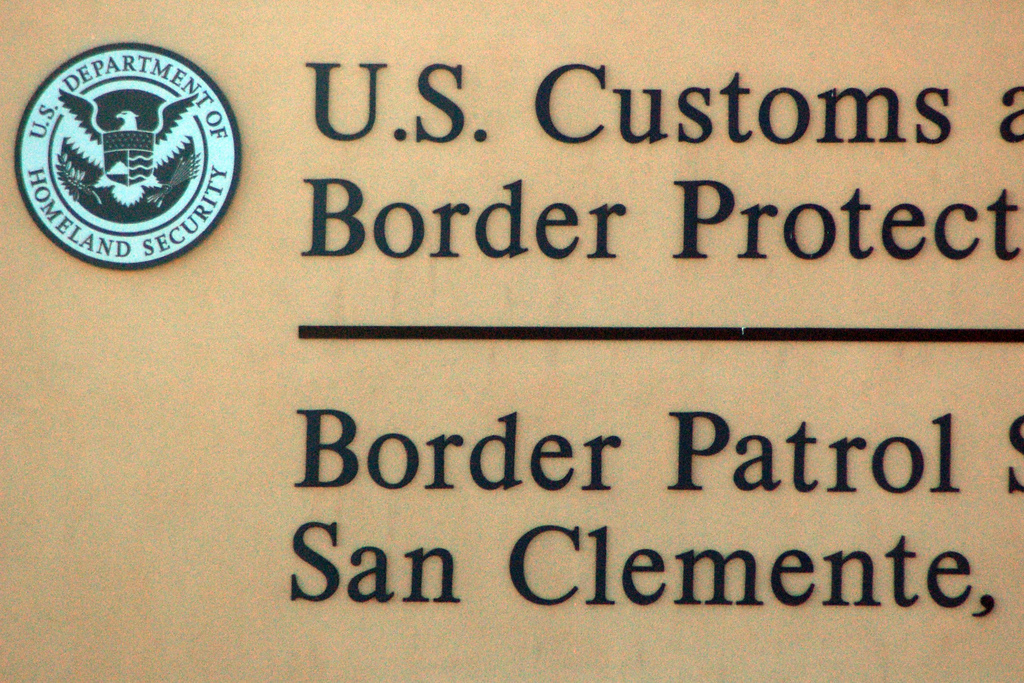Although it’s illegal for a police officer to search your electronic devices without a warrant — even after you’re arrested — the Department of Homeland Security says warrantless searches of digital content are allowed at any U.S. border. Privacy advocates and civil rights organizations are now suing the agency, claiming that border protection officers should also have a warrant before they’re allowed to search through residents’ laptops and phones. [More]
law and border

Department Of Homeland Security Sued Over Warrantless Searches Of Electronic Devices At The U.S. Border

Can Border Patrol Agents Search The Data Your Phone Stores In The Cloud?
While police must have a warrant to search someone’s phone in the U.S. — even after that person has been arrested — what can law enforcement do with gadgets seized at the border? For one thing, U.S. Customs and Border Protection says its officers are limited to searching phone content that is saved directly to the device, and not on the cloud — including social media. [More]

Proposed Bill Would End Warrantless Searches Of Cellphones At U.S. Borders
More than 225 years ago, the First U.S. Congress carved out an exception to the Fourth Amendment’s search warrant requirement, allowing for warrantless searches at the border. Until recently, this was limited to the people and their physical items, but federal agents can now search your phones and computers to look at photos, read emails, watch videos — all without having to demonstrate probable cause. A new piece of bipartisan legislation hopes to close that loophole, at least for U.S. citizens and permanent resident aliens. [More]

